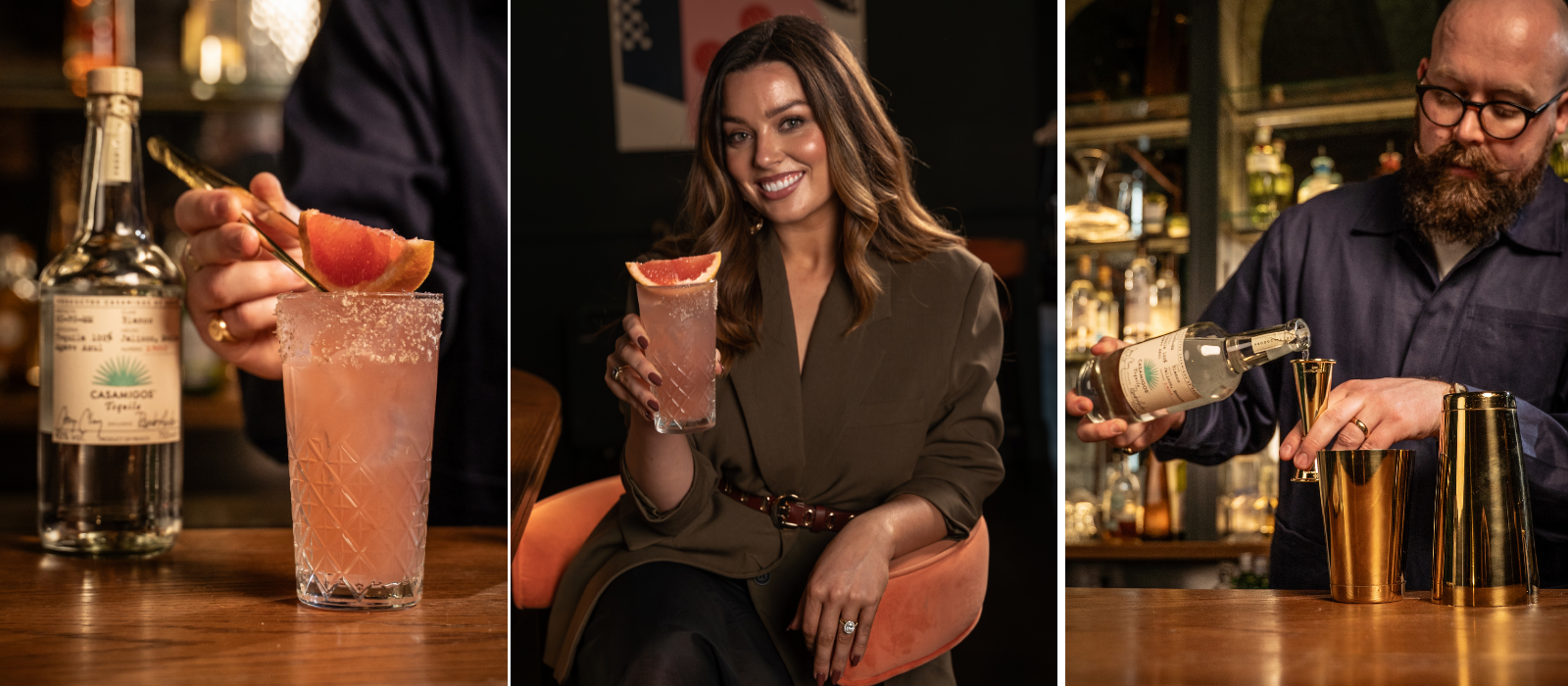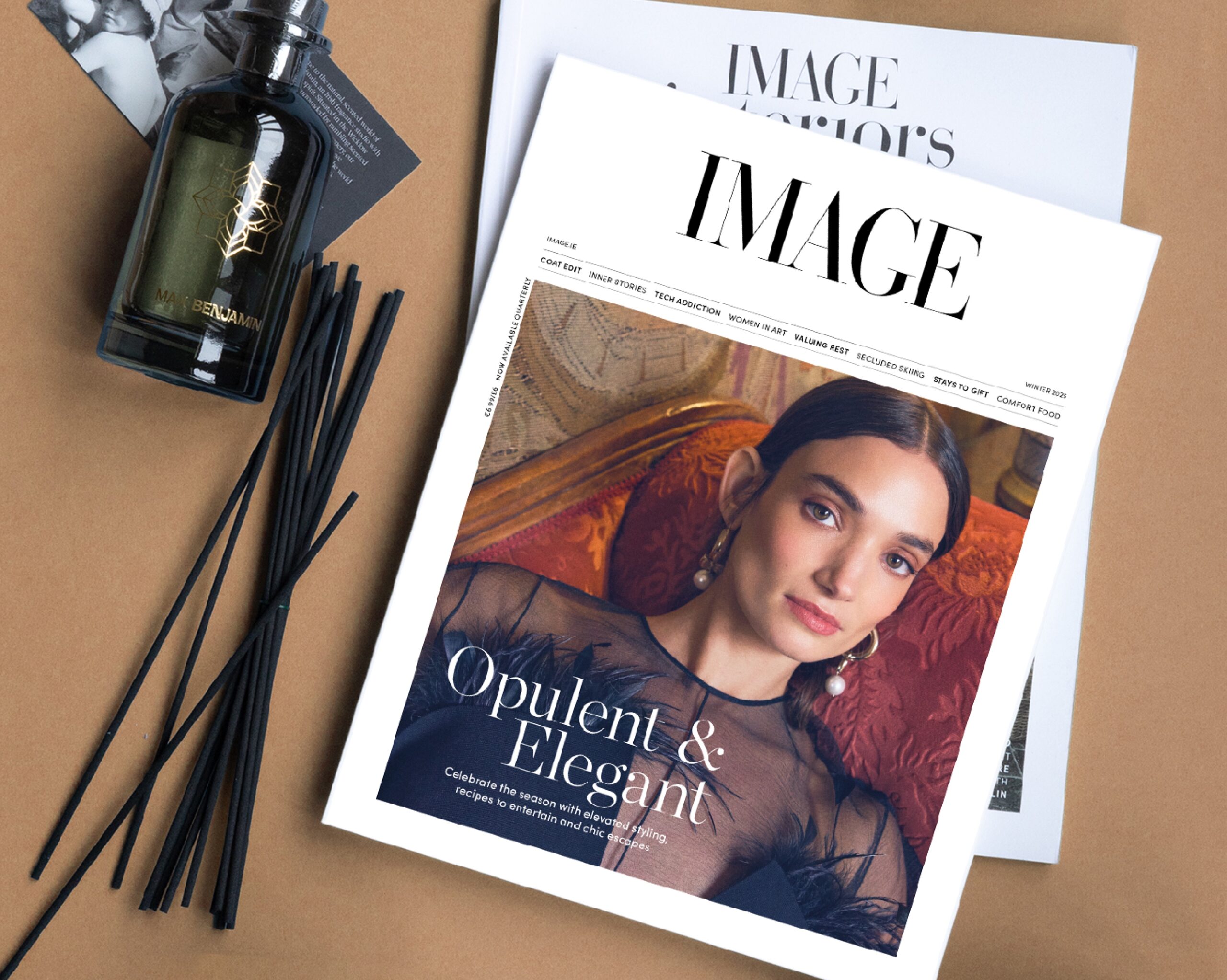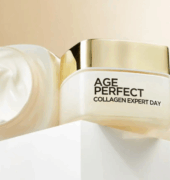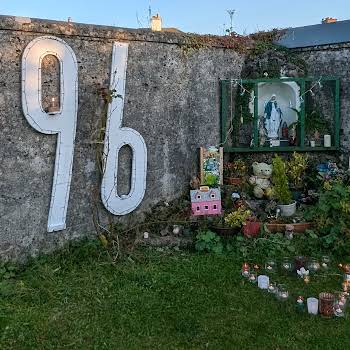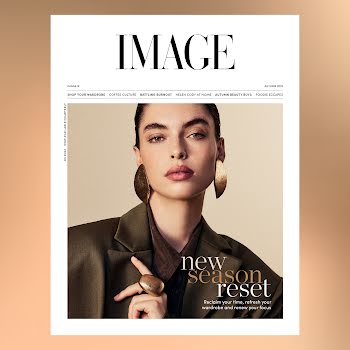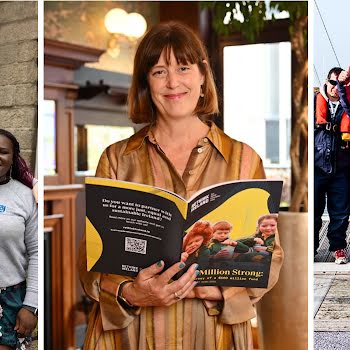
By Sinead Brady
15th Jan 2022
15th Jan 2022
The women of Ireland have lived through yet another week of anger, grief and frustration. But it’s what we do next that will matter most, writes Sinead Brady.
It has been a dark week.
It is hard to find the light.
Ashling Murphy was murdered as she went for a run. Her light was extinguished as this epidemic of violence against women makes rears its head once again. Someone so full of rage decided, for whatever reason, that he had the permission to go to the canal bank and vent his rage against this young woman. In doing so, in full visibility, in broad daylight, he took her life.
Last week two men, both now on bail, brutally and viciously attacked Alanna Quinn Idris. This level of male rage roars typically roars behind closed doors, or lurks in the dark corners of our streets, cloaked in a veil of silence, typically going unreported. The perpetrator in the majority of cases is a male friend, family member or colleague, a man known to the woman.
Yet Ashling’s death or Alanna’s attack are not isolated events. We know this. #SheWasGoingForARun follows a long list of hashtags.
- #MeToo
- #TimesUp
- #EnoughIsEnough
- #IrishMilitaryMeToo
- #TooManyMen
- #SarahEverard
- #SabinaNessa
- #SayHerName
- #BlackLivesMatter
Each hashtag confronts us with the dark side of human nature and the sickening willingness some men have to inflict cruelty on women. Those same hashtags hold the story of the 137 women murdered and or raped globally every single day of the year. They reveal the horror suffered by the 244 women killed by men in Ireland since 1996. Together they give testament to the violence that exists in our lives.
Contained within those hashtags is also a sentiment that represents a shift in our thinking. A feeling that we as women are no longer willing to silently suffer such wrongs and then swallow the blame for that suffering.
So, where do we start? What can we do to make things better? I don’t have the answers but what I do know as a woman, as a mother, and as a professional we must start somewhere. We must choose now and then we must begin. While we can, and we should, all step outside our homes to light candles, and attend vigils in memory of Ashling. Collectively these moments of stillness and silence help us to heal, they bring comfort and they show support for Ashling and her family. A public stance against a heinous crime.
Can men please stand up
We must also make this a call for change, real change. Change at the most basic of levels within our homes and in our society. The men in our lives, the good men, the men who feel equally devastated by this horrific murder, must stand by our side as we attend the vigil and as we light the candle. They must show their compassion, their humanity and do so with visibility. They must hold hands with our children, with their children, and loudly say enough. They must hold the hands of their mothers, sisters, aunts, wives, partners and friends and say enough.
In our workplaces they must say enough. They must leave the What’s App group and say why. The men, the good men, who choose public action are choosing change. They choose to recognise that the lived experience of women is different than that of men, and in so doing give voice to the invisible cultures of fear and silence that we as women live with daily.
These small collective actions can move the dial and represent a shift in thinking. One that recognises that the slightest microaggression represents a violation of consent. And in turn, this acknowledges that any violation of consent, even at the lowest of levels, is often a precursor to the violation of consent at the highest of levels. While the escalation of such behaviour is not a given, it is all too common, and its impact is lasting, damaging and cruel.
What if the London Met had a culture that rebuked nicknames and behaviour that represented sexual violence, threat and assault? If the smallest of microaggressions were considered intolerable, would Wayne Couzens have felt so entitled as to kidnap and murder Sarah Everard? Where a work culture supports such behaviour, in any guise, that must be interrogated.
It is therefore incumbent upon us all to call out a perpetrator each time he acts out, even in the smallest of ways. For that, digression represents an exertion of power and the growth of an untamed ego, with the potential to become more aggressive and more dangerous. Where the wider social narrative supports such behaviour that must also be dealt with, as these narratives influence how people behave.
A gendered workplace
A gendered public and private sphere is the root of much of this. Take, for example, The Women of Honour and #IrishMilitaryMeToo documentary which exposed a culture of bullying, harassment and sexual assault against women and men in our military service. This violence was first exposed 21 years previously in research by Dr Tom Clonan. Women who brought complainants of the culture of bullying, harassment, assault and violence, including rape, were silenced, ostracised, blamed and disbelieved.
The telling of their story and trauma coincided with the airing of The Special Forces: Ultimate Hell Week. A show where 18 celebrity recruits are put through their paces, by former special forces officers, for charity. The show brags of a 90% failure rate where only the toughest will survive. The celebrities are shouted at, ridiculed for not trying hard enough, ushered into rooms with bags over their faces, forced to put their vomit in their pockets and personally berated. In short, the show exposes the celebrities to ritual humiliation, emotional abuse, personal ridicule, and physical misery for the entertainment of others.
Choosing to air this show, at all, but most especially the week that women bravely spoke out about their brutal and violent sexual assaults and rape reveals a distinct lack of empathy and understanding. So too, does it speak to the prevailing discourse around how we treat, engage with, and speak to other people. Failing to connect the messaging of the show to such behaviours emphasised in The Women of Honour only reinforces rather than interrogates issues of harassment, assault, violence and ultimately murder.
We can say that they are not connected, that is easy. But if we really want change, we must acknowledge that words are important and messaging is important. These are on a scale undoubtedly, but it is the same scale.
Women’s healthcare
Sadly such public reinforcement of the discourse of bullying, harassment and violence are easy to find on our little island. On October 6 2021 mothers and their babies born during lockdown marched on the streets of our capital asking that maternity restrictions be lifted. Previously ignored by government and policymakers, these mothers stood together and loudly told their stories. Some were recently post-partum, others soon to give birth, some at other stages in their pregnancy journey and others just in support. For 18 months the Minister for Health and the government, ignored, shunned and patronised the mothers of Ireland.
Each of these microaggressions represents the behaviours and tactics of a bully. If this is how our government and policymakers choose to deal with the concerns of women, mothers and their families, this sends a wider societal message that if you ignore a complaint, if you shun a problem or if you fail to engage, it will go away. This is not an acceptable message for the leaders of our country to share with workplaces and organisations.
Recently, Vicky Phelan returned to Ireland with a new health diagnosis. Vicky is now fighting terminal cervical cancer after vital, life-saving health information was withheld from her. When, by accident, she learned of the withheld information, those in power attempted to silence her. Despite being sick, she fought furiously against a system that attempted to mute her. Vicky, and the other women who suffered these crimes, continue to fight against that robust system. The man who attempted to conceal their life-saving health information remains in his job. We must ask where is the accountability for such extreme wrongdoing?
Fionn Feely’s parents fought and won a case in the High Court for the catastrophic brain injury he suffered after being deprived of oxygen at his birth. Their journey to justice took over six years and their trauma was only compounded by the necessity of legal proceedings. Imagine a traumatised couple with a small baby wholly dependent upon them, entangled in legal proceedings. They were forced to stand against the might and weight of the legal teams of the hospital and the HSE.
Why? What message does this send?
The need for a cultural shift
In this country, the list of such crimes is long.
- Mother and baby homes.
- Church sex abuse.
- Hepatitis C.
- Domestic violence calls unanswered by the Guards.
Given this cultural context and the prevailing social discourse, is it any wonder that men who bully, abuse, harass or commit acts of violence and sexual violence go so frequently unreported?
Before any policy, guidelines, or laws are effective, we need to face the uncomfortable fact that change in the public discourse is absolutely necessary. To achieve this, it is incumbent upon each of us as women and men, organisations, and leaders to stop and challenge such behaviour where we see it. Specific educational modules addressing consent, workplace bullying, harassment, assault and violence must be integrated into the very fabric of our schools, universities, and organisations. Shifting the boundaries of these programmes from a one-and-done attempt to protect against legal proceedings to their rightful position as a central component of learning and development will help.
It is not a stretch to say that taking these steps will save lives. Nor is it a stretch to suggest that when our public institutions lead by example others will follow. When this shift happens, then we can say that we are trying, we can truly say that we want change and that we are willing to do whatever it takes to bring change.
For Ashling and those who have gone before her, it will be too late. But it is not too late for us all.
As humans, we are innately kind, compassionate and full of love. We are bright, we are full of light and we can use those powers to stop this. It is within our gift to stop this epidemic of violence and crime to protect other women and to protect our children. We can do hard things but we must want to. We must each tirelessly pursue change. We then must each change.

